Life Transformed Through Movement
A photograph, a memory of the sound of wind in the trees, of a chill in the air, invoke a personal reflection of a life focused on movement and care. In her delicate poem, Kathryn Zalewski, PT, PhD, MPA,uses Gregg Fuhrman, MPT, OCS, CFMT, CMTPT’s image to guide her description of life as a physical therapist, a mother, and a teacher — in whispers.
Profiles in Professionalism – Interview with Laura Lee (Dolly) Swisher, PT, PhD, MDiv, FNAP, FAPTA
Eye Spy for Physical Therapy Graduate Education
Cindy B. Dodds, PT, PhD, PCS and colleagues describe how their successful pilot program took physical therapy students out of the university setting and into a local art museum for a unique experience of observation using visual thinking strategies.
Three Voices at the Table
In a fascinating, creative account, Tania Riske, MS/CCC-SLP, and CeCelia Zorn, PhD, RN let the voices of a patient, his wife, and his speech/language pathologist describe the challenges, small triumphs, and human connections involved in the treatment of primary progressive aphasia—a rare neurological disease that causes the total loss of speech.



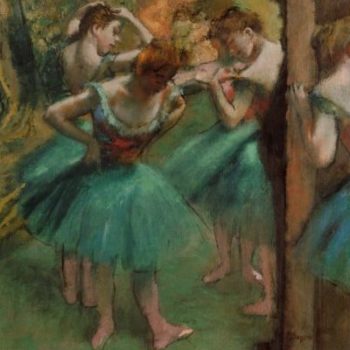
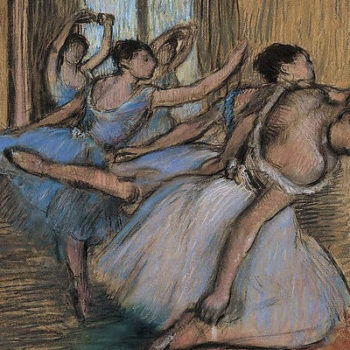

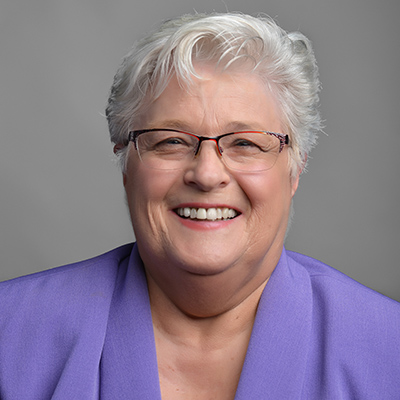

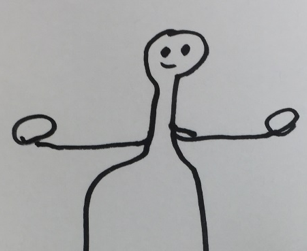




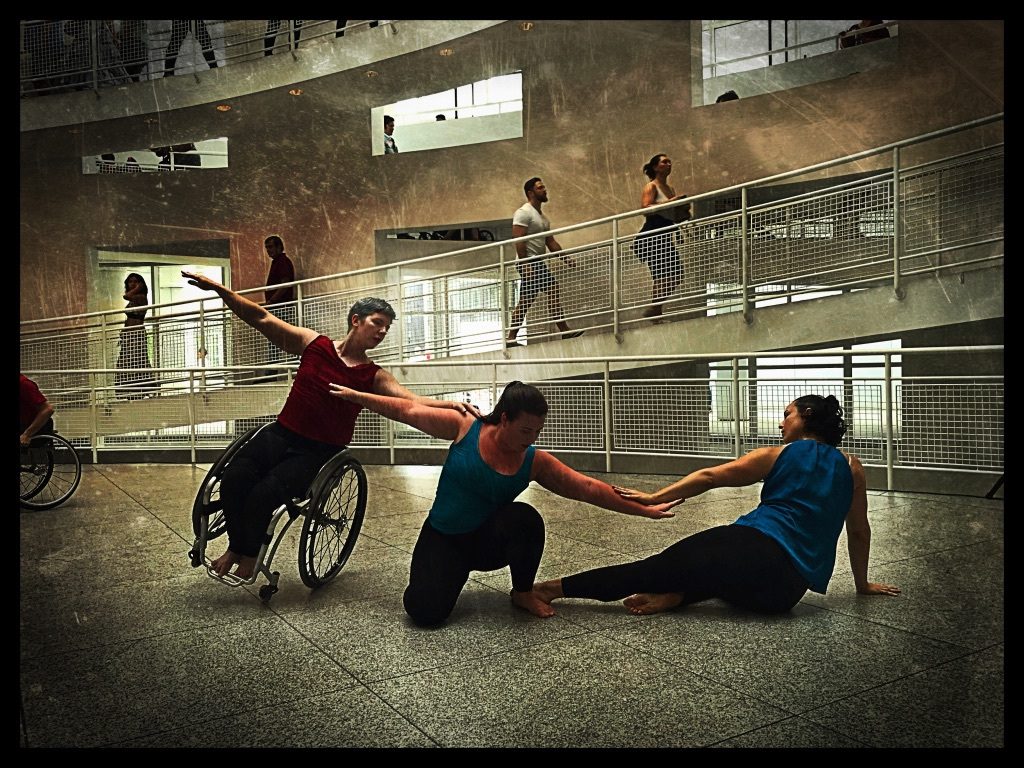


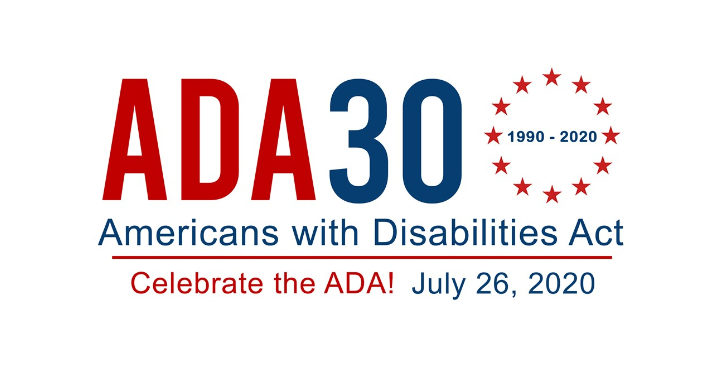

 Member since 2019 | JM14274
Member since 2019 | JM14274

